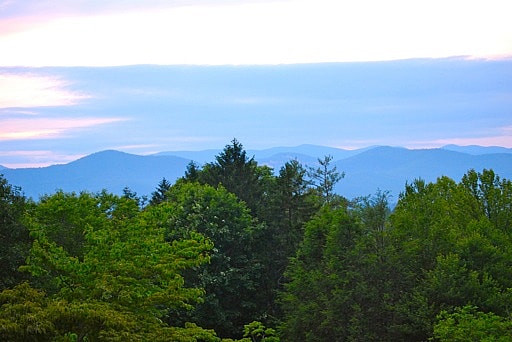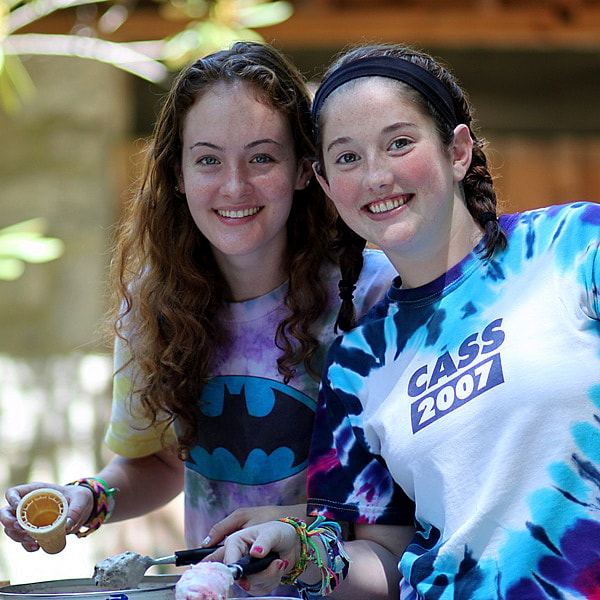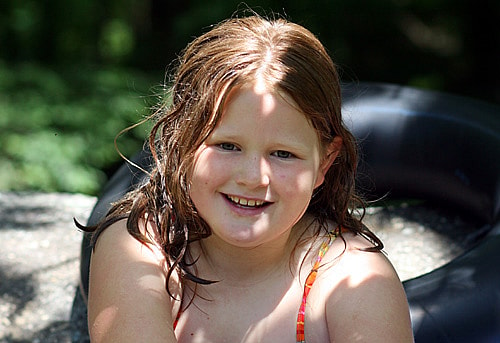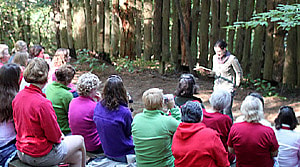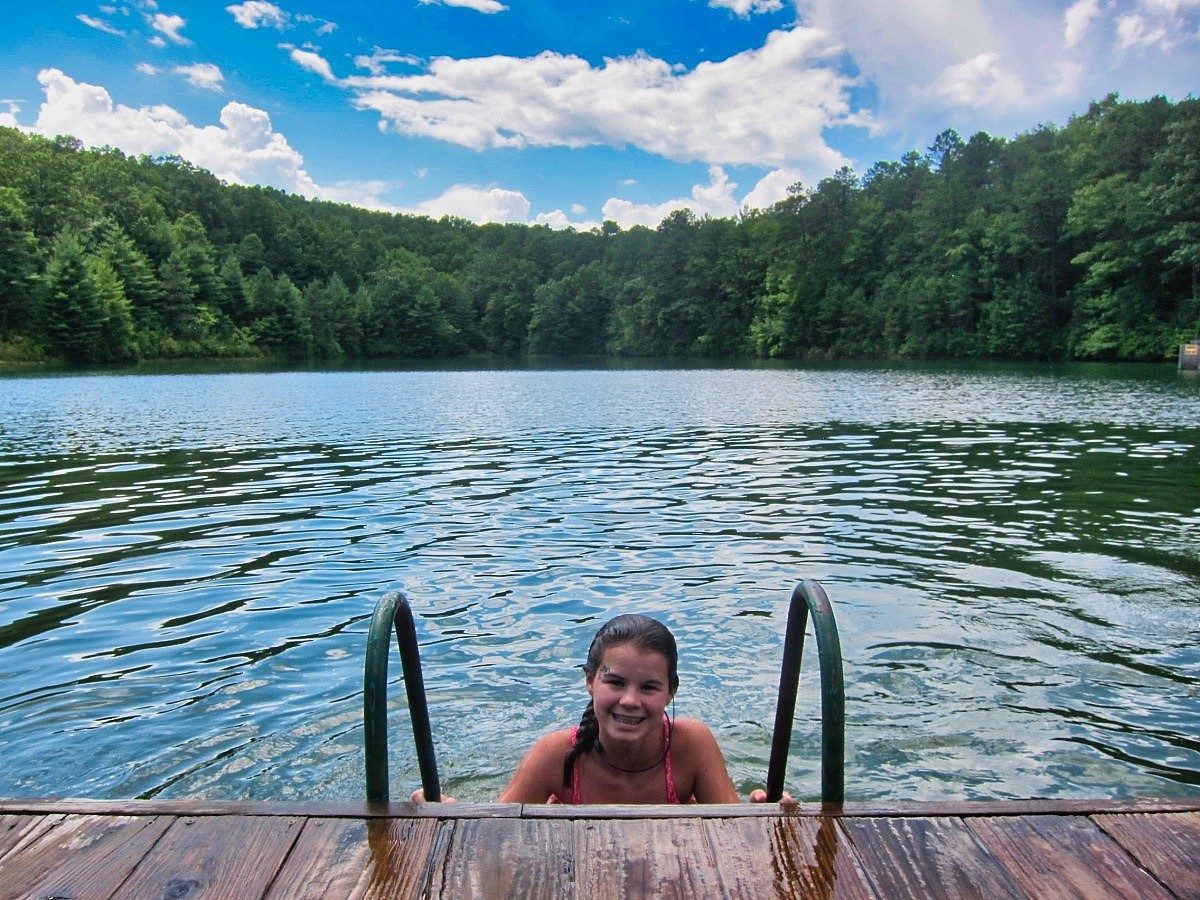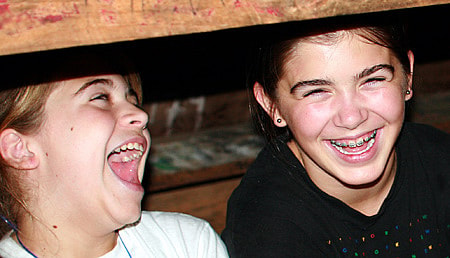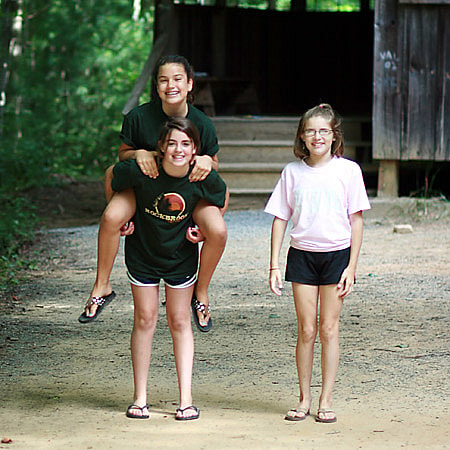There are many ways to describe the difference between camp life and the “real world” that happens elsewhere and throughout the school year. At Rockbrook, we might point to our living mostly outdoors and close to nature. We might celebrate our opportunities to experience adventure (hike, paddle, climb!), or to have time for unstructured play. We could describe how camp is a break from electronic technology, and from the social pressures of school revolving around our appearance, possessions, and status. We might highlight the true independence kids experience being away from parents and teachers.
These are all very clear differences, each helping to explain the benefits of a sleepaway camp experience for children. But there is another one, and it is community, the very real sense of being included, respected, trusted and loved by a group of people. Camp is, at its core, a special community built on central values like kindness, cooperation, compassion, care and generosity. It is brimming with enthusiasm and encouragement, wrapped tightly by a collective spirit. At camp, and certainly at Rockbrook, everyone is welcomed and included.
How different this feels from ordinary life! Camp is not about individual consumption, getting a grade, standing out as the best, or advancing at the expense of others. It’s not so ego-centric, nor blind to the people around us. At camp, where there is always support from friends, you’re never left to just fend for yourself.
And how wonderful it feels! Partly, I think joining a camp community, and other communities too, provides us such a powerful sense of contentment because it is so different from ordinary American life. Human beings, and especially kids, crave this kind of connection. We need to know wholeheartedly that we belong to something bigger than “just me,” that our “true self” is accepted and valued by those around us, and unfortunately it is all too rare these days. Perhaps we modern Americans are dis-content because we are dis-connected from an authentic community. Perhaps we are suffering from what could be called “Community Deficit Disorder.”
Thank goodness for camp and its ability to be a powerful and effective antidote for this disorder. It may not be the main reason we attend a sleepaway camp, but the joy of joining a camp community is certainly one of the most important reasons why we love it.


